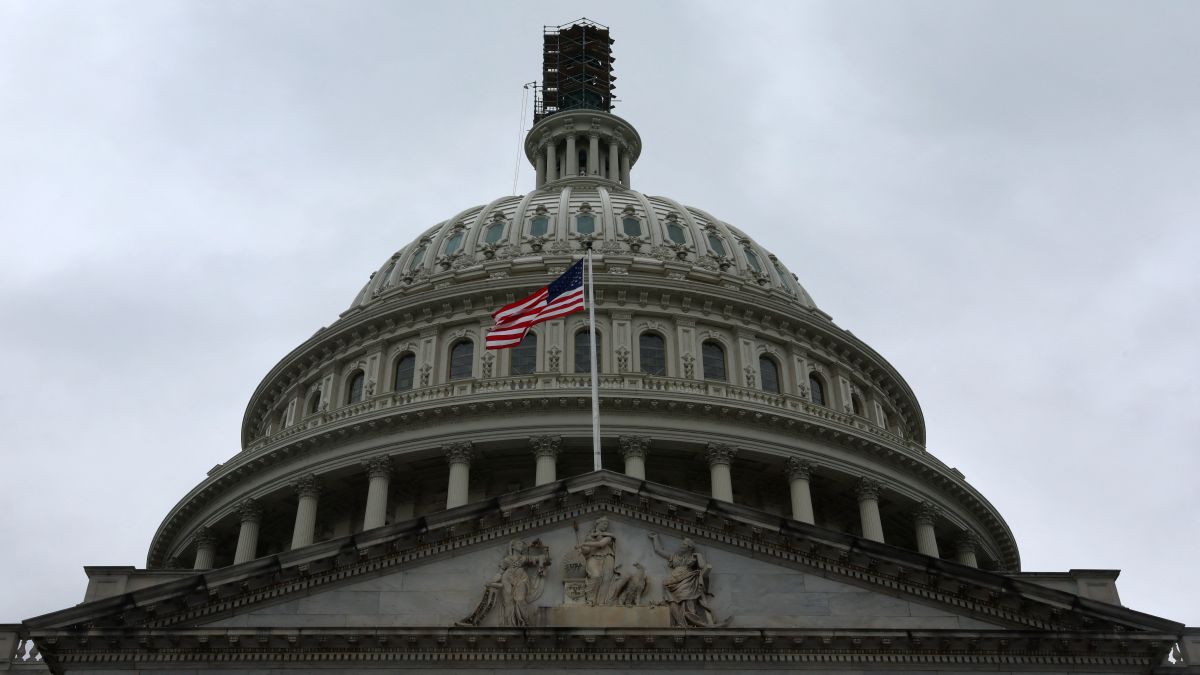The Canadian government has revised its official travel advice for those heading to the United States, cautioning that Canadian permanent residents living in the US could lose their residency status.
A recent notice from Global Affairs Canada noted that individuals may be subject to a re-evaluation of their US residency eligibility. This review could lead to revocation of status for reasons such as criminal records or prolonged absences from the US beyond the allowed period.
The advisory also reminds Canadians that US visas are subject to regular review and can be terminated. Canadian citizens can typically remain in the US for up to six months without a visa.
The updated warning comes amid rising concerns following the death of Canadian Johnny Noviello in June. Noviello, a US permanent resident, died in custody at a US Immigration and Customs Enforcement detention center in Florida. He had been facing deportation due to several drug-related convictions in 2023.
Noviello’s case is part of a broader pattern, as dozens of Canadians have been detained by US immigration authorities in recent years.
Travel ban could impact Canadian permanent residents
The Canadian government has also flagged risks for permanent residents who originally came to Canada from countries affected by the US travel ban, particularly those introduced under President Donald Trump.
Impact Shorts
More ShortsTrump’s updated travel restrictions, introduced in June 2025, apply to citizens of 12 countries—including Iran, Libya, Somalia, and Yemen—and impose partial restrictions on citizens of others, such as Cuba and Venezuela.
Although dual Canadian citizens are generally exempt, Canadian permanent residents without Canadian citizenship may face entry bans.
“Since June 9, 2025, the US proclamation ‘Restricting the Entry of Foreign Nationals to Protect the United States from Foreign Terrorists and Other National Security and Public Safety Threats’ is in effect. It may impact your ability to obtain a visa if your country of citizenship is designated in the proclamation,” the advisory states.
LGBTQI+ travellers face increased barriers
Global Affairs Canada has added a dedicated section warning LGBTQI+ travellers of evolving US federal policies that could negatively impact their travel experience and rights.
One key change stems from a January executive order from Donald Trump, which mandates that only male or female gender markers will be recognised on US documents. As a result, gender-neutral markers such as “X” are no longer accepted on US passports or forms.
Canadians applying for Nexus travel cards or US visas may now be required to indicate their sex as assigned at birth, regardless of their gender identity. This development has raised human rights concerns, particularly for transgender and non-binary individuals.
The advisory further notes that several US states have enacted laws specifically targeting LGBTQI+ individuals. For example, some states restrict transgender individuals from using bathrooms that align with their gender identity or participating in sports.
Activist Gemma Hickey applauded Canada’s updated guidance, stressing that requiring trans or non-binary travellers to disclose their sex assigned at birth can cause serious emotional harm.
“Sex assigned at birth may now be requested by federal forms and processes including: visa applications, NEXUS applications, passenger manifests, passport applications, Social Security Applications,” the advisory concludes.


)

)
)
)
)
)
)
)
)



